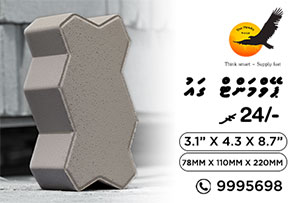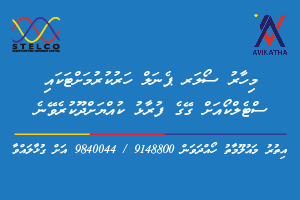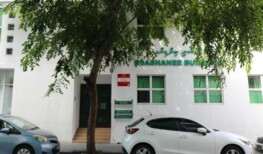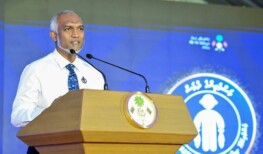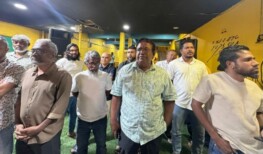High Court Rejects Petition to Revoke Thinadhoo’s City Status
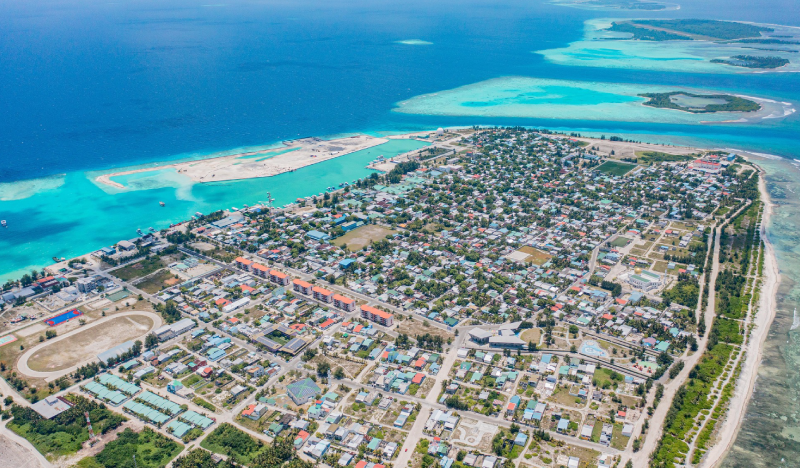
The High Court dismissed a constitutional petition seeking to revoke the city status of Gaafu Dhaalu Thinadhoo, which was granted during the administration of former President Ibrahim Mohamed Solih. The petition, filed by Mohamed Raghib, former Deputy Minister of Climate Change, Environment, and Energy, was rejected on the grounds that it did not fall within the court’s jurisdiction.
In his petition, Raghib argued that Thinadhoo’s population, officially recorded by the Department of National Registration (DNR) as 7,924, is below the 10,000 required for city status under the Decentralization of Administrative Areas Act. He also claimed that the Thinadhoo Council submitted a falsified population list, which included the names of 115 deceased individuals and those who had been removed from the registry years ago, to inflate the population to 10,150 artificially.
Raghib further pointed out discrepancies between the population data held by the DNR and the council’s records, including duplicate entries, repeated names with different ID numbers, and other inconsistencies. He also raised concerns about the council’s failure to clarify whether individuals registered on Thinadhoo were registered on other islands.
However, the High Court registrar rejected the petition on Monday, citing Article 37 of the Judicature Act, which governs the court’s jurisdiction over constitutional matters. The registrar concluded that Raghib had not provided sufficient legal grounds to challenge the presidential decree granting city status, as the case did not involve constitutional violations or legal disputes within the court’s jurisdiction. As a result, the city’s status remains intact for now. Raghib retains the option to appeal the decision to the High Court’s Council of Judges.
The issue has also been raised in Parliament by Thinadhoo MP Saudhulla Hilmy, who has called for a review by the Local Government Authority (LGA) and Parliament.
Currently, Thinadhoo remains one of the five cities in the Maldives, alongside Male’, Addu, Fuvahmulah, and Kulhudhuffushi. While the High Court’s ruling leaves the city’s status unchanged, the controversy over the data used in the decision-making process remains.




